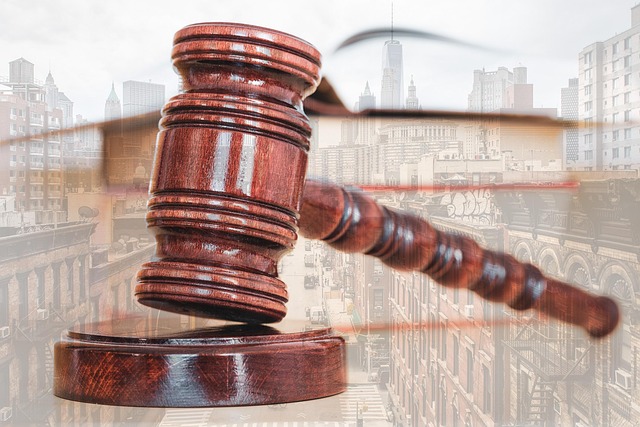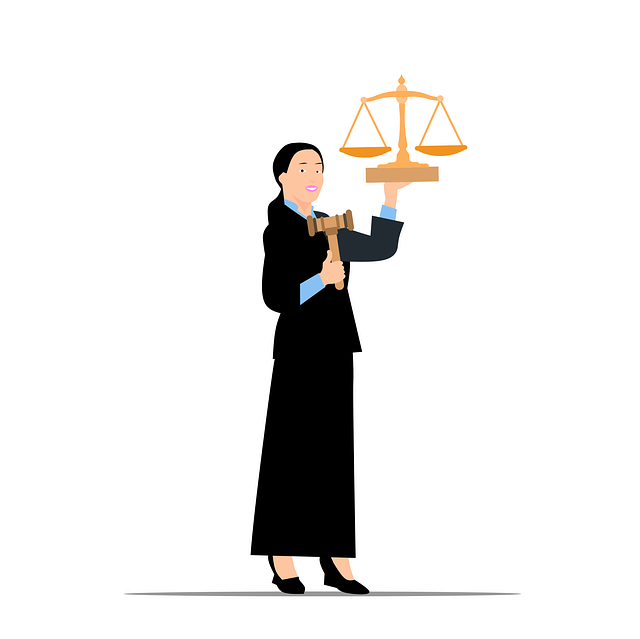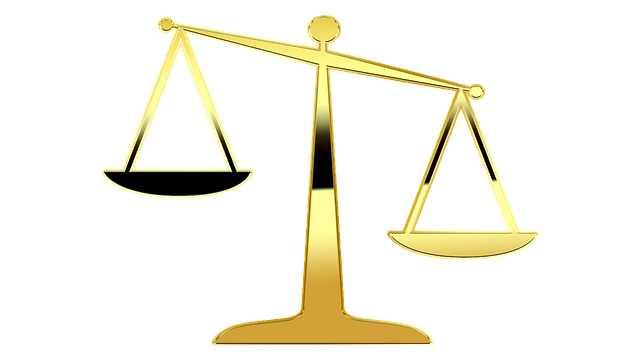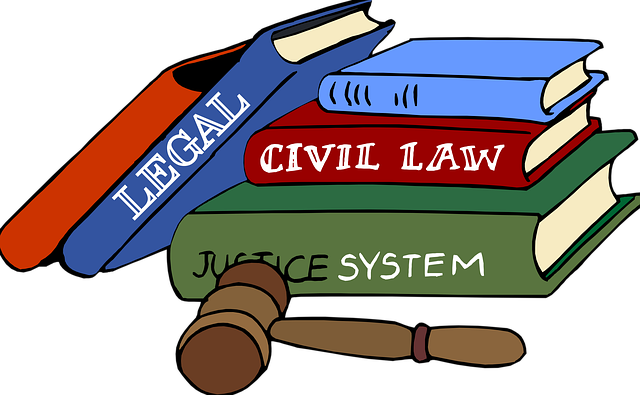The criminal justice process ensures fairness and addresses a wide range of offenses through investigation, pre-trial hearings, trials or negotiations. Filing an employment law complaint requires identifying the claim basis, gathering documents, understanding local laws with legal help, submitting detailed complaints to regulatory bodies, maintaining records, considering dispute resolution, or filing lawsuits. Victims of criminal acts should document evidence, consult specialized attorneys for legal options, and access support services that aid in their journey towards justice, including filing employment law complaints when rights are infringed upon.
Criminal law enforcement is a complex web of processes and rights, crucial for both perpetrators and victims. Understanding these dynamics is essential for navigating legal systems effectively. This article provides insights into key aspects, including a comprehensive guide on ‘Steps to File an Employment Law Complaint’, offering valuable resources for those involved in criminal cases. By delving into these procedures, folks can ensure their rights are protected and seek the justice they deserve.
- Understanding Criminal Law Enforcement Processes
- Steps to File an Employment Law Complaint: A Comprehensive Guide
- Legal Rights and Resources for Victims in Criminal Cases
Understanding Criminal Law Enforcement Processes
Understanding Criminal Law Enforcement Processes involves grasping a series of structured steps designed to ensure fairness and justice. It begins with the investigation, where law enforcement officers collect evidence, witness statements, and conduct interviews to build a case. If sufficient evidence is found, charges are filed against the accused, marking the official initiation of criminal proceedings. This process is crucial in addressing a wide range of offenses, from minor misdemeanors to grave felony crimes, including white-collar and economic crimes.
The journey continues with pre-trial hearings where the defendant’s rights are protected while ensuring a fair trial. Legal arguments are presented, evidence is scrutinized, and the judge determines if there’s probable cause to proceed. These steps culminate in trials or negotiations, potentially leading to a complete dismissal of all charges for his clients based on the merit of the case and adherence to legal protocols. The process is intricate but vital to maintaining public safety and upholding the integrity of the legal system.
Steps to File an Employment Law Complaint: A Comprehensive Guide
Filing an Employment Law Complaint involves a structured approach to ensure your rights are protected. First, identify the basis for your claim—whether it’s discrimination, harassment, or breach of contract. Gather all relevant documents, including employment records, emails, and any evidence supporting your case. Next, familiarize yourself with local employment laws and consult an attorney specializing in white-collar defense for strategic guidance.
Initiate the process by submitting a detailed complaint to the appropriate regulatory body, outlining the specifics of the violation and its impact. Throughout all stages of the investigative and enforcement process, maintain thorough records. If negotiations fail, consider alternative dispute resolution methods or file a lawsuit, aiming for a swift resolution with an unprecedented track record of success.
Legal Rights and Resources for Victims in Criminal Cases
In any criminal case, victims are often left feeling vulnerable and unsure of their rights. Understanding one’s legal rights is crucial for navigating the complexities of the justice system. The first step for victims is to gather evidence, including medical records, police reports, and witness statements. Once prepared, they can file an official report with local law enforcement or relevant authorities, initiating the process of seeking justice.
When considering legal action, it’s essential to consult with an experienced attorney who specializes in criminal law. An advocate can guide victims through the appropriate channels, such as filing a civil suit or pressing charges against the perpetrator. Many legal aid organizations and non-profit groups offer support services, providing resources like counseling, financial assistance for legal fees, and help with documentation. For instance, victims across the country can access these services to file an employment law complaint if their rights have been violated in the workplace, ensuring they receive the support they need during this challenging time.
In understanding criminal law enforcement processes, it’s crucial to be aware of both your rights as a victim and the steps involved in filing an employment law complaint. The comprehensive guide provided offers a clear roadmap for those seeking justice, ensuring that victims are equipped with the knowledge to navigate their legal options effectively. By recognizing your legal rights and resources, you can actively participate in the criminal justice system and seek resolution in cases of employment-related injustices.






